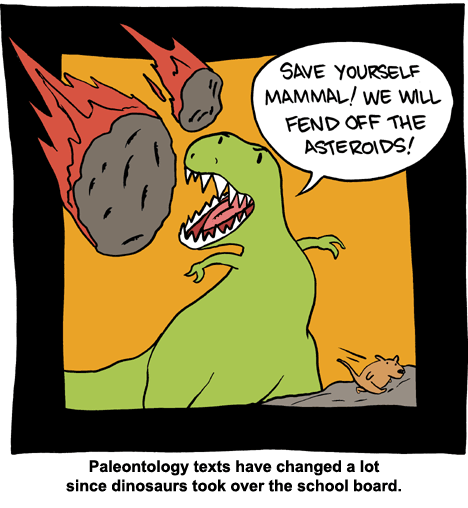It's 86 days since the King of Smo was slain, and don't I know it.
Don't worry, he won't be resurrected, it's just that daughter and I went for a 5 mile bike ride last night and combined with the first of the real winter weather I was coughing and spluttering like a car with an almost empty fuel tank. I know that this is a good thing though. The accumulated tar and gunk from 20 years of ingesting the "nicotine death weed" takes a while to recover from (yes, it's really called tobacco, but psychologically it's better to give it a dangerous and off putting name). In fact "a while" is a bit of an understatement. What's causing all this is the "cillia" in my lungs, which is slowly regenerating.
For all you smokers, there's nothing worse than a reformed smoker ramming it down your neck, but honestly, I wouldn't say this if it wasn't worthwhile. Please.... pack it in, for the sake of your kids and your own health. You'll feel better for it eventually. I promise.
On the plus side and as a reminder, all of this has happened already:
- Just 20 minutes after my last cigarette, my blood pressure and pulse rate dropped to normal and the body temperature of my hands and feet increased to normal.
- A mere 8 hours after my last smoke, the carbon monoxide level decreased and the oxygen level in my blood increased to normal levels.
- Just 24 hours after my last cigarette, I substantially lessened my chances of having a heart attack.
- Two days after my last cigarette, I noticed that my ability to taste and smell was enhanced.
- Three days later, my breathing became noticeably better because my lung capacity was greater.
- My circulation has improved and my lung functioning has increased by up to 30% since quitting.
I've still got all this to look forward to:
- One year after quitting, your risk of coronary heart disease is half that of a smoker.
- Five years after quitting, your risk of stroke is reduced to that of a nonsmoker.
- Ten years after quitting, the lung cancer death rate is about half that of a continuing smokers. The risk of cancer of the mouth, throat, esophagus, bladder, kidney and pancreas decreases.
- Fifteen years after quitting, your risk of coronary heart disease is that of a nonsmokers

Smoking is a habit introduced to the human race many thousands of years ago. It was introduced to the western world some 400 years ago. Clearly it is a dinosaur of recreational pastimes.
This post originally appeared here: Posterous

Comments
Post a Comment